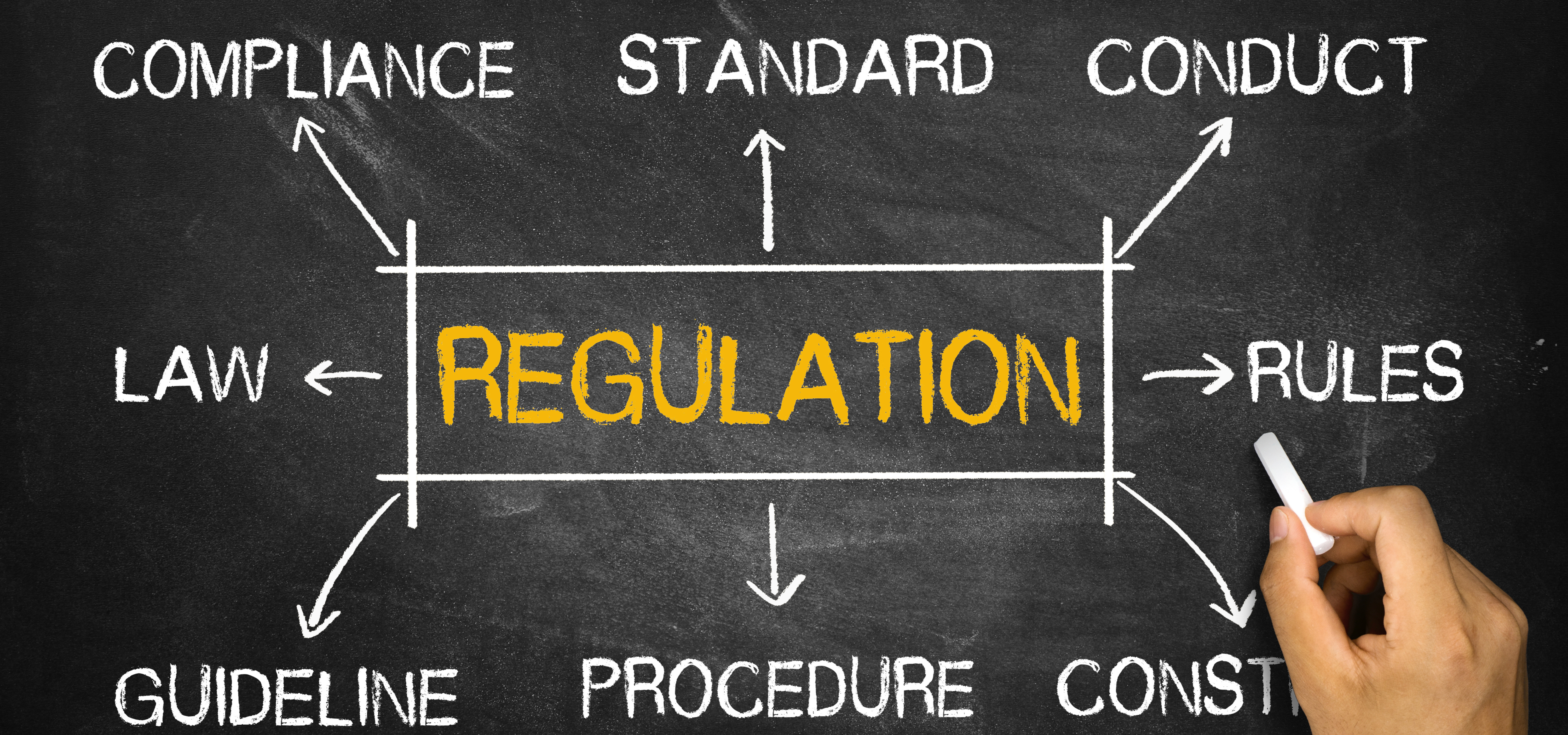Regulatory law in the United Kingdom constitutes a complex framework designed to govern various sectors, ensuring fair practices, consumer protection, and the overall well-being of society. This multifaceted system involves the establishment of rules, oversight mechanisms, and enforcement agencies to maintain high standards and accountability. In this article, we delve into the key aspects of UK regulatory law, exploring its foundations, scope, and implications for businesses and individuals alike.
1. Regulatory Authorities:
- The UK boasts a diverse range of regulatory bodies, each overseeing specific industries and sectors. Examples include the Financial Conduct Authority (FCA) for financial services, the Care Quality Commission (CQC) for healthcare, and Ofcom for telecommunications.
2. Regulatory Compliance:
- Regulatory compliance is a cornerstone of UK regulatory law, requiring businesses and professionals to adhere to established standards and regulations specific to their field.
- Compliance involves meeting licensing requirements, adhering to codes of conduct, and staying abreast of evolving regulatory frameworks.
3. Consumer Protection:
- Regulatory law places a strong emphasis on safeguarding consumers’ rights. This includes protection against misleading advertising, ensuring product safety, and providing transparent information about goods and services.
- Regulatory bodies, such as the Competition and Markets Authority (CMA), actively monitor and enforce consumer protection measures.
4. Financial Regulations:
- Financial markets in the UK are subject to rigorous regulatory oversight. The FCA, for instance, regulates financial services to maintain market integrity, protect investors, and ensure fair competition.
- Compliance with financial regulations is essential for businesses operating in the banking, investment, and insurance sectors.
5. Environmental Regulations:
- The UK places a strong emphasis on environmental protection through regulatory measures. Legislation addresses issues such as waste management, pollution control, and sustainable practices.
- Businesses are required to comply with environmental regulations to minimize their ecological impact.
6. Data Protection:
- The General Data Protection Regulation (GDPR) governs data protection in the UK, emphasizing the rights of individuals regarding their personal data.
- Businesses must implement robust data protection measures, obtain consent for data processing, and respond effectively to data breaches.
7. Employment Regulations:
- Employment law, a subset of regulatory law, dictates the relationship between employers and employees. It covers aspects such as working hours, minimum wage, discrimination, and health and safety.
- Employers must navigate these regulations to create a fair and lawful working environment.
8. Regulatory Enforcement:
- Regulatory bodies have the authority to enforce compliance through various means, including inspections, investigations, and penalties for non-compliance.
- Enforcement actions aim to deter misconduct, protect the public interest, and maintain the integrity of regulated industries.
9. Impact on Businesses:
- For businesses, understanding and complying with regulatory requirements are imperative. Non-compliance can result in fines, legal actions, damage to reputation, and, in extreme cases, the revocation of licenses.
- Proactive engagement with regulatory bodies and legal counsel can help businesses navigate the complexities of regulatory compliance.
10. Evolving Landscape:
- The landscape of UK regulatory law is dynamic, with regulations adapting to technological advancements, societal changes, and global trends.
- Staying informed about regulatory updates and engaging in continuous monitoring and adaptation is essential for individuals and businesses.
In conclusion, UK regulatory law is a robust and intricate framework designed to uphold standards, protect consumers, and ensure the smooth functioning of various industries. Businesses and individuals alike must actively engage with these regulations, embracing a culture of compliance, transparency, and ethical conduct to thrive in a regulated environment. Navigating this complex landscape requires a commitment to staying informed, seeking legal advice when needed, and adopting best practices in regulatory compliance.



